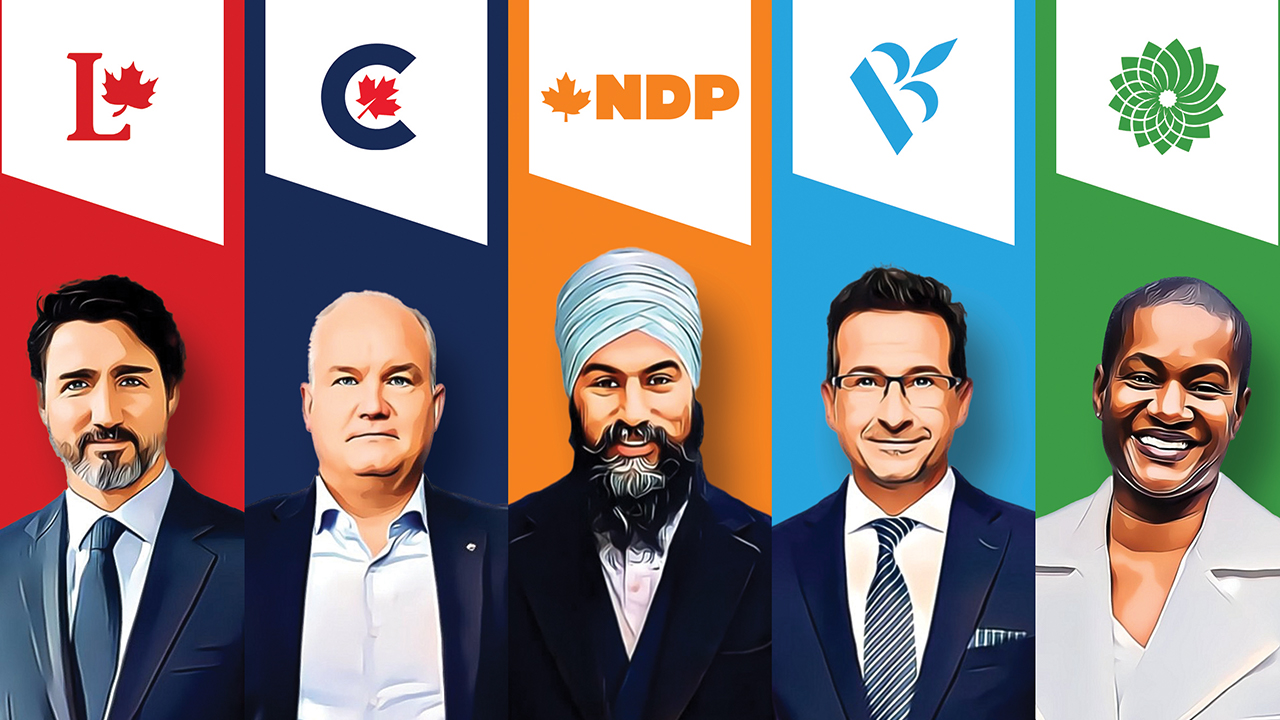Justin Trudeau calls snap election: What to know
 CREDIT: FSU PUBLICATIONS DEPARTMENT
CREDIT: FSU PUBLICATIONS DEPARTMENTThe federal election sees the Liberals fighting for a majority government amid the COVID-19 pandemic.
On Sept. 20, all Canadian citizens of at least 18 years of age are eligible to vote in the 2021 federal election. With the election being called two years early, and during a global pandemic, many Canadians are questioning the reason for the snap election.
“Typically, when you have an election, there’s some kind of issue or a wedge that is worth seeking public approval for,” said Matt Farrell, political analyst and professor of interdisciplinary studies at Fanshawe College. “Right now, there isn’t really anything like that. Everybody just wants to go back to normal, so we need to think in a more political context.”
Currently, members of the Liberal government are outnumbered in Parliament by the opposing parties. If Justin Trudeau can attain a majority government, the Liberal party is able to dictate their agenda and readily pass legislation.
“The Prime Minister and his Liberal government were in a minority government situation, and they’re looking to get a majority, that’s what they want,” said Farrell. “They want to be able to implement some of their COVID response measures and some of the post-COVID rebuilding plans, they want to be able to do that in a majority situation. Which also means they would not need any approval from the other parties.
“Another factor is that there are a lot of Parliamentary investigations into the Liberal government,” added Farrell. “There’s conflict with their own speakers of parliament, and they’ve been accused of contempt of Parliament and withholding documents that have been taken to court by the opposition.”
Furthermore, Farrell felt that the Trudeau administration set this election so that they can structure the voting around vaccinations.
“He’s [Justin Trudeau] recognized a couple things, one that Erin O’Toole [Leader for the Conservative Party] is not popular with voters,” said Farrell. “He’s also recognized what appears to be a wedge issue is vaccinations. They’re here [vaccines] and there’s discussions of needing them to do things and having them required for certain types of employment. The Prime Minister is trying to frame the election that way. ‘If they look at my party, we’re doing all these great things for public health, we’re giving everybody free vaccines.’”
In addition to the election being set to favour the Liberals, Farrell also noted other campaigns are being forced to run despite not being fully prepared and with such short notice.
“The one thing you’ll hear a lot is that the other parties don’t want this [election],” he said. “That’s the kind of Conservative framing that nobody wants, and they’ll think, ‘why are we having this?’ But, if you look back over the past few months, each party has alternately wanted and not wanted the election. Obviously anytime that a party takes that position, you can presume that they’re doing it for political means, there’s going to be an electoral advantage.
“That’s why we’re having this election, it’s an opportunistic move by the Liberals, who are trying to take advantage of this funding of the current climate and turn it into a majority government.”
The other parties and leaders include Yves-Francois Blanchet (Bloc Quebecois Party), Maxime Bernier (People’s Party), Jagmeet Singh (New Democratic Party), and Annamie Paul (Green Party).
Voting
Polling stations will be available throughout the London community, however, Elections Canada has announced that it will not offer special polling stations on campus. Elections Canada previously offered polling stations on 39 campuses in 2015 and 109 campuses in 2019 through the Vote on Campus program. However, due to the pandemic, the organization has decided not to continue the program this year, causing some concern about young voter turnout. The organization has said that it is working with student organizations to help re-implement the program for future elections.
For information on voting visit elections.ca and to learn more about what each party is representing visit votecompass.cbc.ca/canada.
















